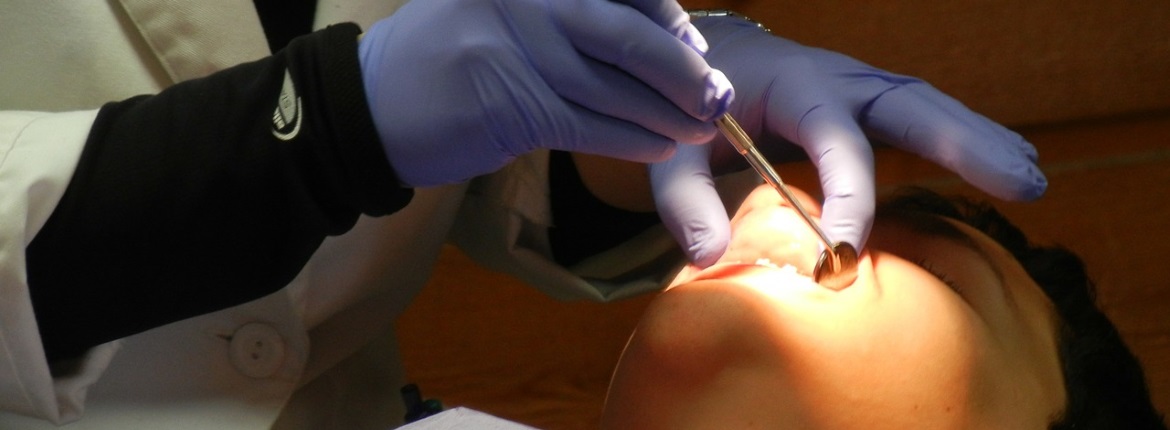Scientists at the University of Szeged are looking for ways to detect the early signs of periodontitis and oral cancer. They are also looking into the causes of these conditions, which are widespread in Hungary, as well as studying the possibilities to improve prevention and the factors influencing treatment.
Hungary is ranked in the top 3 countries in the world with the highest number of oral cavity cancer cases and in Hungary, most people die from this type of cancer. Gum inflammation is also an endemic condition in Hungary affecting every third person.
Scientists at the University of Szeged are investigating oral cancer and periodontitis in order to understand the factors leading to these diseases and to assess which of these factors could be harnessed for a successful treatment. The microbe communities which playing a role in oral cavity diseases can be identified from genetic sequencing.
In order to fight periodontal inflammations, the researchers are trying to identify the changes in the composition of these microbial communities that may contribute to the disease as these changes can then be targeted by antibiotic therapy. Researchers are also investigating whether the surface modifications of titanium implants, used in dental prosthetics, influence the attachment of the body’s cells and whether this in turn may inhibit the growth of bacteria on titanium surfaces leading to inflammation.
In the case of oral cancer, researchers are attempting to identify biomarkers that may enable the recognition of a malignant tumour at an early stage. Currently, patient survival rates are very low with only half of all patients living longer than five years following diagnosis.
